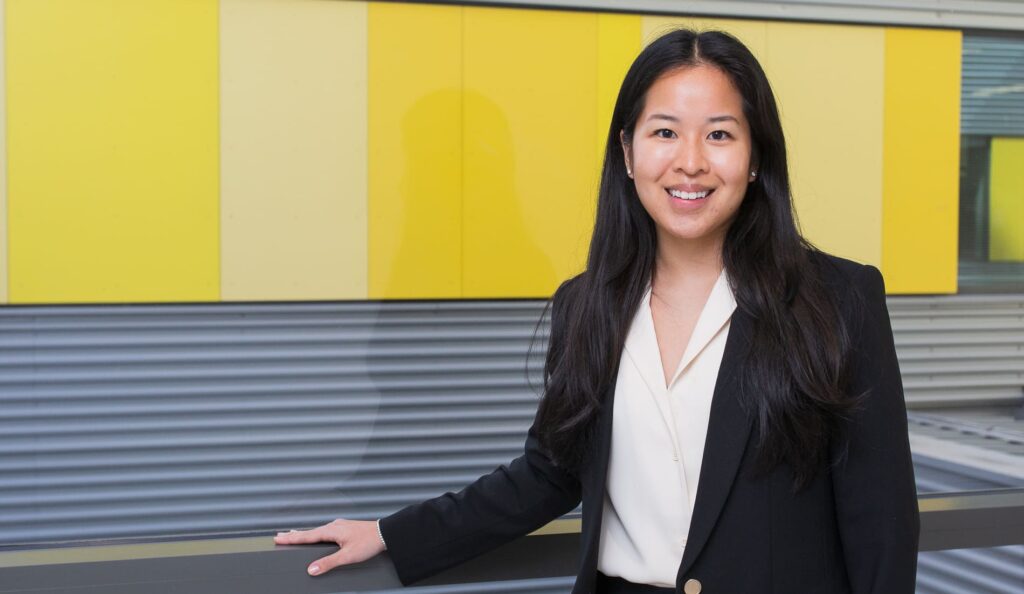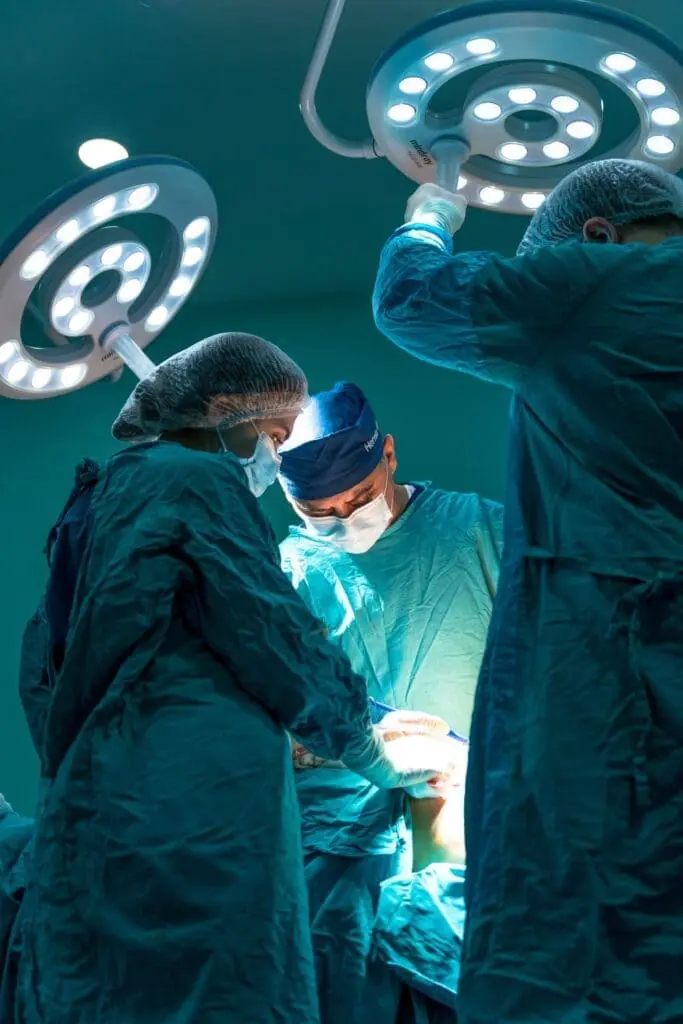
Dr Vicky Duong DPT PhD, physiotherapist and post-doctoral researcher at the Kolling Institute, talks to the NORTH Foundation about her experience as an early career research into non-surgical management of osteoarthritis (OA).
Originally from Toronto, Canada, Dr Vicky Duong emigrated to Australia in 2012 with an undergraduate in exercise science. She completed a physiotherapy degree at Macquarie University Sydney, and her PhD at the University of Sydney investigating digital interventions, physical activity, and osteoarthritis.
With her extensive experience in the design, set-up and coordination of randomised trials, her research at the Kolling Insitute is focused on delivering best evidence care for osteoarthritis and musculoskeletal conditions through a variety of digital approaches.*
In her role as a physiotherapist working on orthopaedic wards, she was surprised to hear that many patients were still walking well and managing their daily activities prior to their knee replacement.
“Their only solution to their OA was to get a knee replacement. Surgery is essentially something that you should only do if it’s really affecting your life,” said Vicky.
The road to recovery from a knee replacement can also be long as patients need to maintain their rehabilitation to ensure a successful outcome.
There is no cure for OA, and it affects people of all ages.
- Osteoarthritis affects > 3 million Australians (1 in 8 people) and 520 million people worldwide
- 90% of people who have osteoarthritis, do not meet the physical activity guidelines
Vicky’s aim is to reduce the burden on the healthcare system by educating people on what they can do to manage their osteoarthritis.
“We all know the benefits that exercise brings to your health in general. Staying active, keeping muscles strong and maintaining a healthy weight are the best things you can do to prevent the onset and progression of osteoarthritis,” said Vicky.
Vicky recognises that digital technology is taking over the world and digital health can lead to better health outcomes. The technology can include mobile applications such as SMS and apps; websites and wearable devices like fitness trackers.
In Australia, most households have access to the internet (88%), even in remote and very remote settings (77%). Of those with internet access, 91% have access to a laptop, desktop, or smartphone, highlighting the potential to scale digital health interventions to manage osteoarthritis.
Based on the successful trial of a walking program in the US which showed improved activity levels in people with osteoarthritis, the program will be modified for Australian users.
Entitled Walking with Ease Australia, the walking program is a self-guided 6–12-week physical activity program. Step counts are measured on the Fitbits that are distributed as part of the trial which is accessible by researchers.
Following co-design workshops, the aim is for 500 people in NSW to initially trial the program before it is distributed more widely. If you are interested in joining the trial which will commenced in 2024, please click here.
“We’re asking Australians to give us their opinion on the design of the program to ensure that it will be sustainable and used widely in the long term. Eventually I would like to see it build local community groups of walkers.”
She is also developing a mobile app called OA Coach that will educate people about their osteoarthritis and assist them with setting goals to help improve their physical activity levels and symptoms. The mobile app will be piloted in late 2023 and tested in a trial in 2024.
“The exciting thing about the app is that it has potential to provide care to those who live in rural communities who don’t usually have regular access to specialist healthcare,” said Vicky.
By choosing to make a monthly donation, you can help us provide long-term strategic funding for research taking place at the Kolling Institute. If you are interested in supporting medical research programs at the Kolling Institute, please click here.
*Research paper: https://jamanetwork.com/journals/jamanetworkopen/fullarticle/2809608
